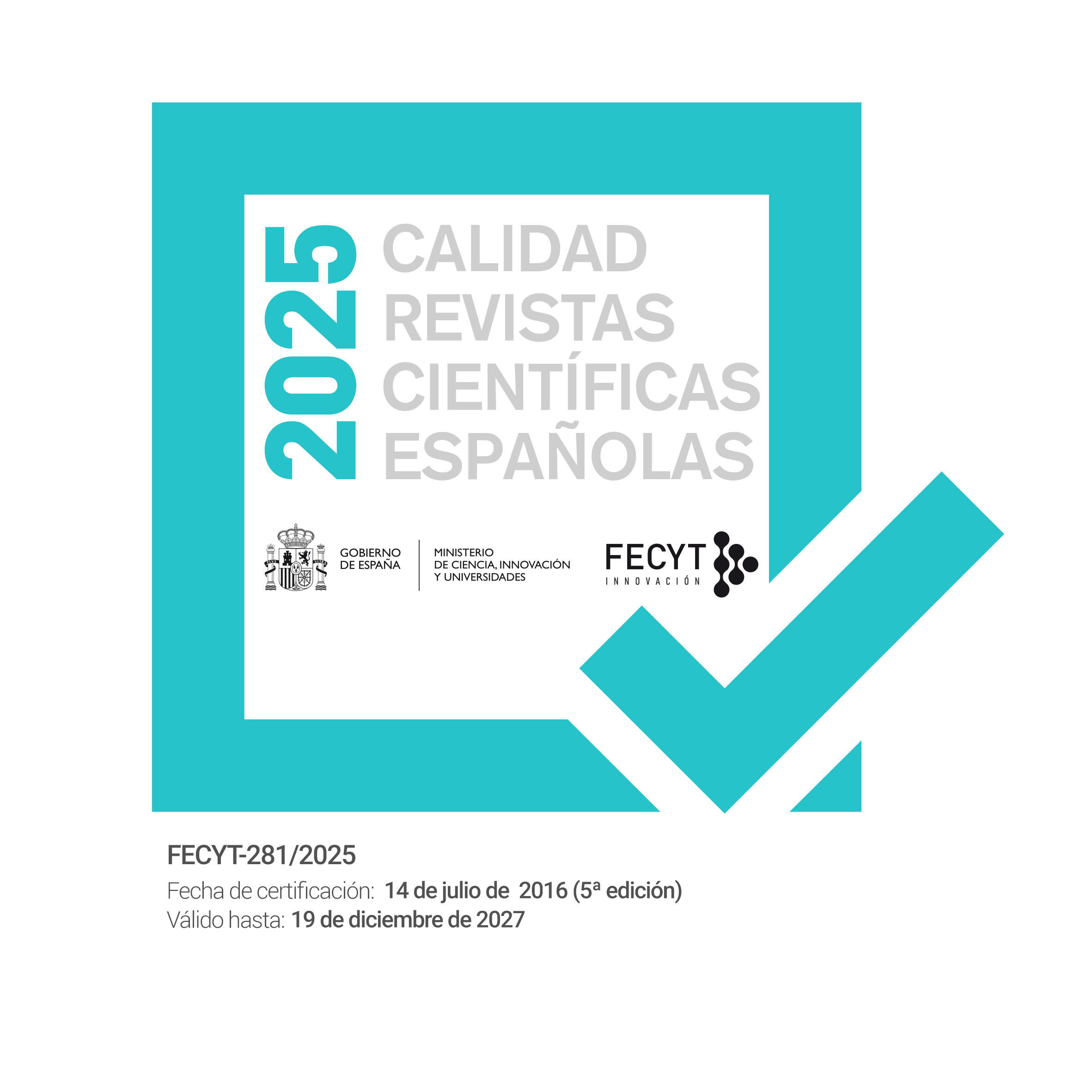ERASMO FILÓLOGO
Abstract
Erasmus’ philological reputation is inextricably bound up with his new Latin translation and the editio princeps of the Greek New Testament (1516; revised editions 1519, 1522, 1527, 1535), and his editions of Saint Jerome and other Church Fathers. For Erasmus, the device of the humanists, ad fontes, back to the cultural sources of Antiquity in order to raise the moral and religious life of the Christian society, was equally applicable to the sources of theology and Christian life, the philosophia Christi, the New Testament and the Church Fathers, which, however, also needed philological purification. After his entrance in a canons’ convent, Erasmus decided to devote all his studies to the accessibility and purification of the sources of Christianity, in particular the text of the Latin Vulgate, fundamental for theologians and liturgical life in the Latin Church. He considered this project his mission of life. This was, of course, no obstacle to occupy himself with prophane texts too, in particual those that could contribute to the moral and religious education of the readers. His Latin translations of prophane Greek texts should provide him with the knowledge of Greek, indispensable for his New Testament studies, but they also offered useful moral lessons to the Christian readers. Moreover, they contained hidden philological emendations, where Erasmus deviated from his Greek source and translated what he conjectured to be the correct reading. Erasmus published Cicero’s De officiis and other ethical treatises and the Works of Seneca, which texts he considered useful for everybody.Downloads
-
Abstract335
-
PDF (Español (España))256
Las obras que se publican en esta revista están sujetas a los siguientes términos:
1. El Servicio de Publicaciones de la Universidad de Murcia (la editorial) conserva los derechos patrimoniales (copyright) de las obras publicadas, y favorece y permite la reutilización de las mismas bajo la licencia de uso indicada en el punto 2.
2. Las obras se publican en la edición electrónica de la revista bajo una licencia Creative Commons Reconocimiento-NoComercial-SinObraDerivada 3.0 España (texto legal). Se pueden copiar, usar, difundir, transmitir y exponer públicamente, siempre que: i) se cite la autoría y la fuente original de su publicación (revista, editorial y URL de la obra); ii) no se usen para fines comerciales; iii) se mencione la existencia y especificaciones de esta licencia de uso.
3. Condiciones de auto-archivo. Se permite y se anima a los autores a difundir electrónicamente las versiones pre-print (versión antes de ser evaluada) y/o post-print (versión evaluada y aceptada para su publicación) de sus obras antes de su publicación, ya que favorece su circulación y difusión más temprana y con ello un posible aumento en su citación y alcance entre la comunidad académica. Color RoMEO: verde.





